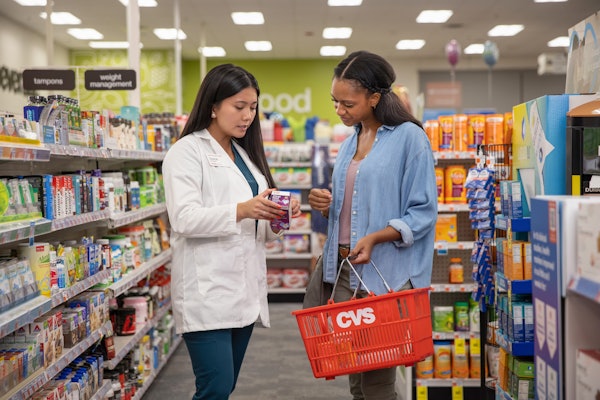
A Wrap Recycling Action Program (WRAP) campaign in Vancouver, WA, has helped to more than double collection of plastic film wraps and bags through return-to-retail recycling programs, according to a new case study conducted with the City of Vancouver’s Environmental Resources Division. Notably, the report also found a 75% decrease in plastic bag contamination at a local municipal recycling facility (MRF) by residents who had received regional educational outreach materials.
The American Chemistry Council’s (ACC) Flexible Film Recycling Group (FFRG) partnered with The City of Vancouver, Clark County, Safeway, and the Trex Company to implement this program known as “Recycle Wrap/Beyond Bags.” The campaign sought to increase consumer awareness and recycling of many types of flexible polyethylene film packaging in select Vancouver-area Safeway stores, while decreasing unwanted plastic bags/film placed in curbside carts.
Key outcomes:
- A 125% increase in the amount of plastic wraps, films, and bags collected at stores
- Of that, a 500% increase in collection of consumer product packaging—beyond bags (e.g., case wrap, product wrap, bread bags, produce bags, etc.) at stores
- A 75% reduction in plastic bag contamination at a local MRF by customers who received campaign outreach materials
- An insignificant (less than 2%) increase in contamination at stores
Key insights:
- The availability of store drop-off programs for plastic film recycling is important to consumers; nearly 20% of post-campaign survey respondents said they were more likely to choose a particular store because of the recycling program.
- The cart tagging was an important means of alerting consumers (31% of post-campaign survey respondents reported) about the ability to recycle plastic bags and film at the store, followed by the visible presence of a well-labeled store recycling bin (25% of survey respondents reported).
- A collaborative approach between retailers, local governments, and recycling organizations proved necessary to effectively convey information to the public to take material back to the store for recycling.
“This was really a model campaign. It goes to show how effective WRAP can be when we all work together,” says Shari Jackson, Director of ACC’s Flexible Film Recycling Group. “We showed we could get the word out to increase wraps, bag, and film collection at retail stores with negligible contamination.”
The return-to-store WRAP public outreach campaign and technical support tools fit seamlessly with a Recycling Done Right campaign and grant-funded waste characterization study conducted throughout Clark County, WA, including within the City of Vancouver.
“Leveraging partnerships, we were able to educate residents to keep this material out of our curbside program and divert it to the retail drop-off infrastructure, where it belongs,” says Tanya Gray, Solid Waste Supervisor at the City of Vancouver. “Importantly, these efforts have raised awareness of the ease and opportunity to recycle a variety of plastic film, beyond the bag.”
WRAP, a scalable program with national reach, continues to gain momentum; in addition to Vancouver, WRAP just released the results of a similar public education campaign in Milwaukee, WI, which also showed a measurable increase in at-store collection of PE film. Furthermore, North Carolina recently announced that it plans to implement a WRAP program this year and additional states are expected to announce soon.
Plastic film is one of the fastest growing areas of recycling in the U.S. The 2014 National Postconsumer Plastic Bag and Film Recycling Report, authored by Moore Recycling Associates Inc., announced an 80% increase in plastic film recycling since just 2005. During that time, film recycling has grown from 652 million pounds to 1.17 billion pounds annually, and based on EPA’s data, the recycling rate for film has grown from 6.6% to 17% of production.
Currently, more than 90% of Americans have access to a local program that collects PE wraps and bags, primarily at more than 18,000 major grocery and retail stores.
























